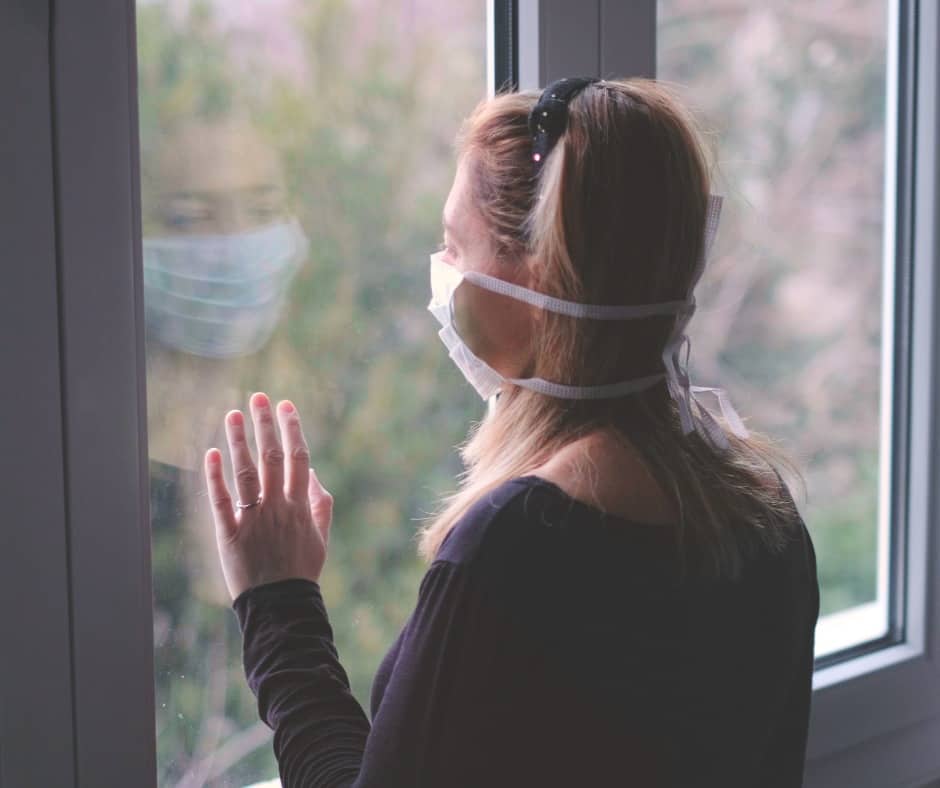 Most people must face a hospital visit for COVID-19 without support from a family member or friend due to state guidance to hospitals on preventing spread. But what about a person with a disability who requires support and assistance with communication while hospitalized because of the nature of her disability?
Most people must face a hospital visit for COVID-19 without support from a family member or friend due to state guidance to hospitals on preventing spread. But what about a person with a disability who requires support and assistance with communication while hospitalized because of the nature of her disability?
Though current state guidance allows for a parent or guardian of a minor or a legally authorized representative to be present, it is unclear as to whether this means a person with a disability who is not a minor and does not have a guardian would be allowed to have a supporter accompany her. And since the guidance is “subject to hospital policy,” it is merely advisory and may not be followed. An excerpt from the current guidance says:
“Essential visitors include government personnel; one designated caregiver acting on the patient’s behalf, such as a parent of a minor or a legally authorized representative; patient family members no more than one at a time; clergy members authorized by the hospital; and additional family members of patients at the end of life or presenting at the emergency department, subject to hospital policy.”
Therefore, Disability Rights Texas is asking Phil Wilson, Acting Executive Commissioner of Texas Health and Human Services, to immediately provide clarifying language specifically adding support persons and requiring hospitals to guarantee the legal rights of people with disabilities:
“…we urge HHSC to add clarifying language specifically adding support persons. More importantly, the qualifying language that HHSC’s Guidance is “subject to hospital policy’ renders the Guidance merely advisory, and thus fails to protect the rights of persons with disabilities. As such, we urge you to issue a statewide policy that expressly guarantees, even during this pandemic, that individuals with disabilities who need communication or behavioral supports in hospital situations retain their rights to reasonable accommodations under federal law, including the Americans with Disabilities Act (ADA), Section 504 of the Rehabilitation Act, and Section 1557 of the Affordable Care Act (ACA).”
Read our letter to the HHSC Commissioner.
